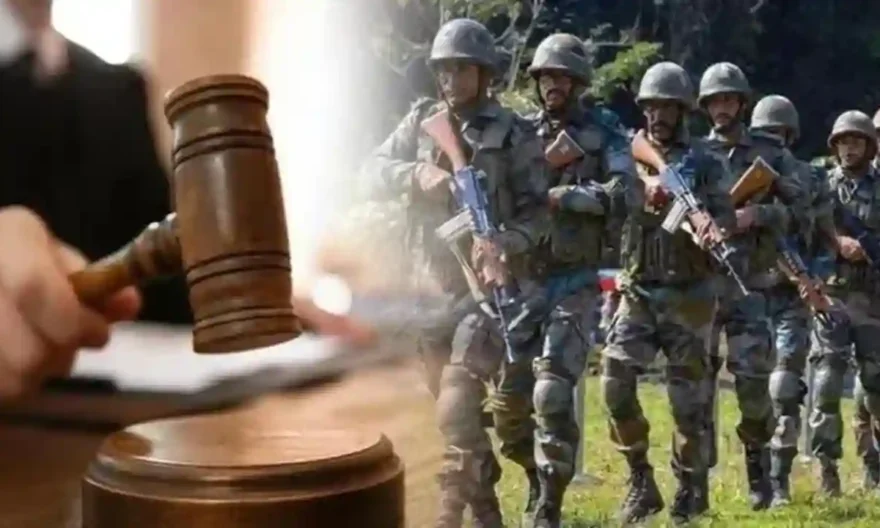
An important hearing will be held in the Delhi High Court today on the petitions challenging the Center’s Agneepath scheme for army recruitment. Even today the central government will continue its argument before the Delhi High Court
On Wednesday The central government told the Delhi high court that a large amount of study has gone into this policy and it was not a decision which was taken lightly and the Union of India was mindful and cognisant of the situation.
The Central government, which was responding to a batch of petitions challenging its Agnipath scheme, said it was working on the scheme which will enhance the morale of the youth and also on skill mapping of Agniveers.
The Delhi High Court was hearing several pleas challenging the Centre’s Agnipath scheme for recruitment in the armed forces.
On December 12, the Delhi high court had observed that it does not have the expertise to evaluate the Agnipath scheme, which was formed after high-level discussions with the army, air force and navy with the aim of creating a younger, revamped military.
The high court pointed out that the Agnipath scheme was formed by subject experts from the three services, and that judges were not military experts who could weigh in on the merits of the scheme.
“The government is saying that we want a young army and therefore the experts have formed the scheme. We (judges) are not experts… Are we to decide which is good? Four years or seven years? It is not in our domain,” a bench of chief justice Satish Chandra Sharma and justice Subramonium Prasad said while hearing a bunch of pleas challenging the Centre’s Agnipath scheme.
The Agnipath scheme, unveiled on June 14, lays out rules for recruitment of soldiers in the armed forces. According to these rules, those between 17.5 and 21 years of age are eligible to apply, and will be inducted for a four-year tenure. The scheme allows 25% of them to be granted regular service subsequently, and the rest 75% to be released with a one-time lumpsum payment.




